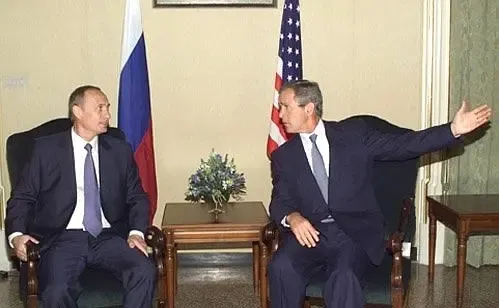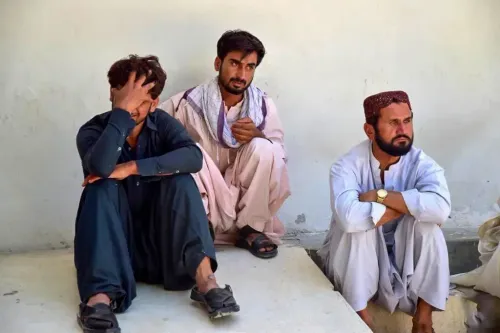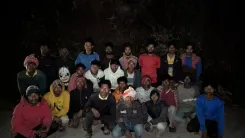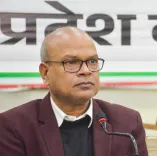What is North Korea Hiding After Its Key Parliamentary Session?
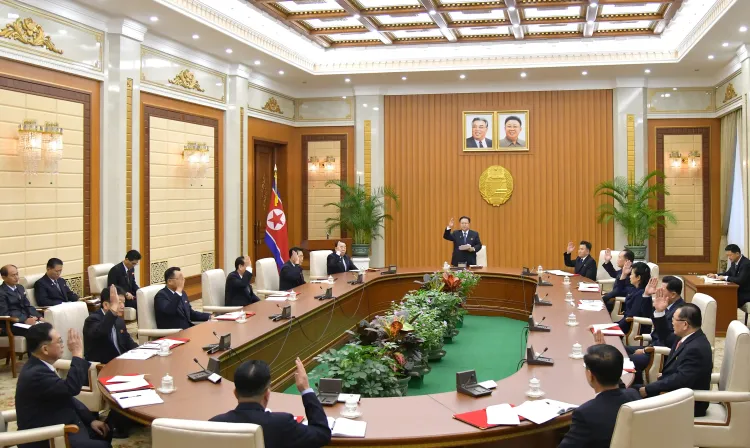
Synopsis
Key Takeaways
- North Korea's parliamentary session results remain undisclosed.
- The session was scheduled for September 20 and may be extended.
- Legislation concerning grain management and constitutional amendments are on the agenda.
- The potential hostility towards South Korea is a focal point of discussion.
- Kim Yo-jong has emphasized the need for a constitutional revision regarding South Korea.
Seoul, Sep 21 (NationPress) As of Sunday, North Korea has yet to reveal the outcomes of a crucial plenary session of its parliament, originally scheduled for last week, prompting speculation that the meeting might extend beyond its intended duration.
The standing committee of the Supreme People's Assembly (SPA) convened the session on September 20, according to a report from the state-run Korean Central News Agency (KCNA) last month.
However, as of 7 a.m. on Sunday, there have been no updates from either the KCNA or Rodong Sinmun, the North's primary newspaper aimed at domestic audiences.
This delay in reporting has led to conjectures that the SPA session could potentially last for two days, or that it may have been postponed entirely, as reported by Yonhap news agency, referencing KCNA.
Last month, the KCNA indicated that the session would cover a new grain management act, the examination and approval of an intellectual property rights act, and the enforcement of a city management act, though further specifics on the agenda were not provided.
The assembly meeting has attracted attention for its expected discussion of constitutional amendments that would align with the country's newly developed adversarial stance towards South Korea.
During a parliamentary gathering in January of the previous year, North Korean leader Kim Jong-un mandated a constitutional revision that characterized South Korea as "the primary hostile state" and "unchanging primary foe," yet no formal report on this revision has been made public as of now.
Kim Yo-jong, the prominent sister of Kim, also alluded to a constitutional amendment earlier this year, asserting that South Korea ought to be permanently labeled as the "most hostile threat" in national legislation.



